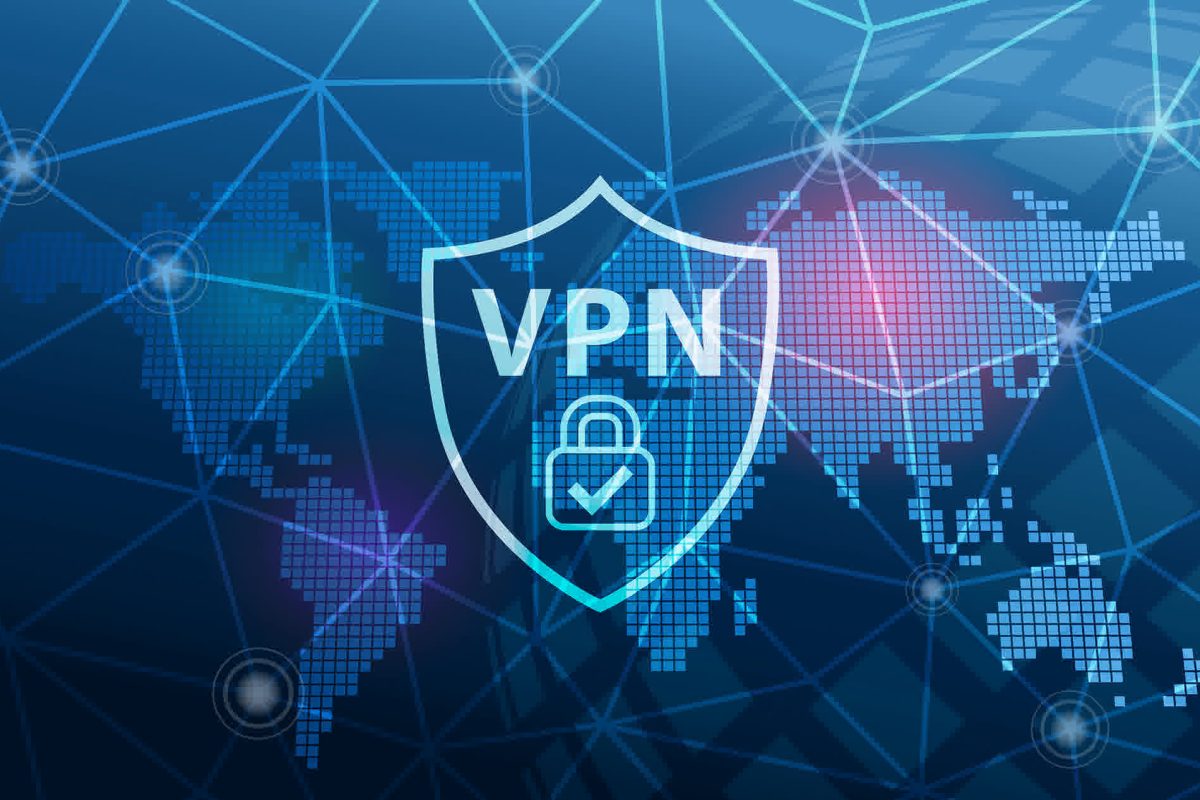How to Get the Protection and Privacy You Need Without Breaking the Bank
Welcome to our guide on how to save money on a VPN! If you’re not familiar with VPNs, they’re basically like a tunnel that connects your device to the internet. They’re used to protect your online privacy and security, especially when using public Wi-Fi or accessing the internet from a foreign country. VPNs are a great way to keep your browsing activity private, prevent hackers from stealing your personal information, and access websites that might be blocked in your location.
Now, the downside to VPNs is that they can be expensive. That’s why we’ve put together this guide to help you save money on your VPN. We’ll be sharing five strategies you can use to get the protection and privacy you need without breaking the bank. So, if you’re ready to start saving money on your VPN, let’s get started!
Find the Best Deals on a VPN
Our first tip for saving money on a VPN is to shop around. Not all VPNs are created equal, and prices can vary widely. That’s why it’s important to compare prices and features from different VPN providers before making a decision. You might be surprised at how much you can save by taking the time to do your research.
So, where do you start? One place to look is on the VPN provider’s website. Most providers will list their pricing and features prominently on their homepage. You can also check out review websites, such as Trustpilot or CNET, to see what other users have to say about different VPNs. This can be a great way to get an idea of which VPNs are the most reliable and have the best features.
Another option is to use a VPN comparison website. These websites allow you to compare the prices and features of different VPNs side-by-side. This can be a convenient way to see all of your options in one place and make an informed decision.
So, the bottom line is: don’t just go with the first VPN you see. Take the time to shop around and compare prices and features. You might be able to find a great deal on a VPN that meets your needs and fits your budget.

Find and Take Advantage of VPN Discounts
Our next tip for saving money on a VPN is to look for discounts. Many VPN providers offer discounts for students, military personnel, or other groups. If you qualify for a discount, be sure to take advantage of it.
So, how do you find these discounts? One way is to check the VPN provider’s website. Many providers will list their discounts prominently on their homepage or in their pricing section. You can also try contacting the VPN provider directly and asking if they offer any discounts. Some providers may have discounts that are not advertised on their website, so it never hurts to ask.
Another option is to search for coupons or promo codes online. There are a number of websites that offer coupons and promo codes for a wide variety of products and services, including VPNs. Simply search for “VPN coupons” or “VPN promo codes” and see what you can find. Keep in mind that these coupons and promo codes may have expiration dates, so be sure to use them before they expire.
So, don’t be afraid to ask for a discount or search for coupons and promo codes. With a little bit of effort, you might be able to save some money on your VPN subscription.
Save Money with a Longer-Term VPN Subscription
Our next tip for saving money on a VPN is to consider signing up for a longer term. Many VPN providers offer discounts for longer-term subscriptions. For example, you might be able to save money by signing up for a one-year subscription instead of a monthly subscription.
One way to compare pricing is to use a VPN provider’s website. Most providers will list their pricing options, including monthly, quarterly, and annual subscriptions. You can also use a VPN comparison website to see the pricing options from multiple providers side-by-side.
Keep in mind that longer-term subscriptions may require a larger upfront payment, but they can save you money in the long run. For example, if you pay for a one-year subscription upfront, you might save 20% or more compared to paying for a monthly subscription.
So, if you’re planning on using a VPN for an extended period of time, it might make sense to consider a longer-term subscription. Just be sure to do your research and compare pricing options before making a decision.
Another thing to consider is whether the VPN provider offers a money-back guarantee. Some providers will allow you to try out their service for a certain period of time and then get a refund if you’re not satisfied. This can be a good option if you’re not sure if a VPN is right for you. Just be sure to read the terms and conditions carefully to make sure you understand the refund policy.

Evaluate a VPN During a Free Trial and Cancel if Necessary
If you’re not ready to commit to a paid VPN subscription, another option is to take advantage of free trials. Many VPN providers offer free trials of their service, which can be a great way to try out a VPN and see if it meets your needs before committing to a paid subscription.
Free trials usually last for a limited time, usually around seven to 30 days. During the free trial period, you’ll have access to all of the features of the VPN, just like you would with a paid subscription. This can be a great way to test out the VPN and see if it meets your needs.
One thing to keep in mind is that free trials may require you to enter your payment information, even though you won’t be charged until the trial period is over. This is to make sure you don’t forget to cancel if you don’t want to continue with a paid subscription. Just be sure to mark your calendar or set a reminder to cancel if you don’t want to continue with a paid subscription.
So, if you’re not sure if a VPN is right for you, consider taking advantage of a free trial. This can be a good way to test out the VPN and see if it meets your needs without committing to a paid subscription. Just be sure to read the terms and conditions carefully and cancel if you don’t want to continue with a paid subscription.
Find a Reputable and Reliable Free VPN
Another option for saving money on a VPN is to consider a free VPN. While free VPNs usually have fewer features and may not be as reliable as paid options, they can still be a good option for basic browsing and anonymity. Just be aware that some free VPNs have been known to collect user data and sell it to third parties.
So, how do you find a reputable and reliable free VPN? One way is to do your research and read reviews from other users. Look for free VPNs that have a good reputation and are transparent about their data collection and privacy policies. It’s also a good idea to avoid free VPNs that require you to install additional software or browser extensions, as these can potentially be malware.
Another thing to consider is the level of security and privacy offered by the free VPN. While free VPNs may not offer the same level of security as paid options, they should still provide a basic level of protection. Look for free VPNs that use encryption and have a no-log policy, which means they don’t collect or store your browsing activity.
So, if you’re on a tight budget and just need a basic level of protection, a free VPN might be a good option for you. Just be sure to do your research and choose a reputable and reliable free VPN.
Find a VPN That Meets Your Needs and Fits Your Budget
Our final tip for saving money on a VPN is to use it wisely. While a VPN can be a great tool for protecting your online privacy and security, it’s not a magic bullet. There are still things you can do to protect yourself and save money on your VPN subscription.
One thing to consider is whether you really need a VPN at all times. If you’re just browsing the web or checking your email, a VPN might not be necessary. On the other hand, if you’re doing online banking or accessing sensitive personal information, a VPN can be a good idea.
Another thing to consider is how you use your VPN. If you’re streaming video or downloading large files, a VPN can use a lot of data and potentially slow down your connection. In this case, it might be a good idea to turn off your VPN when you’re not using it.
So, the bottom line is: use your VPN wisely and only when you need it. This can help you save money on your VPN subscription and get the most value for your money.
Finally, consider using a VPN that allows you to use it on multiple devices. This can be a convenient way to protect all of your devices without having to pay for multiple subscriptions. Just be sure to check the VPN provider’s terms and conditions to see how many devices you can use with a single subscription.




